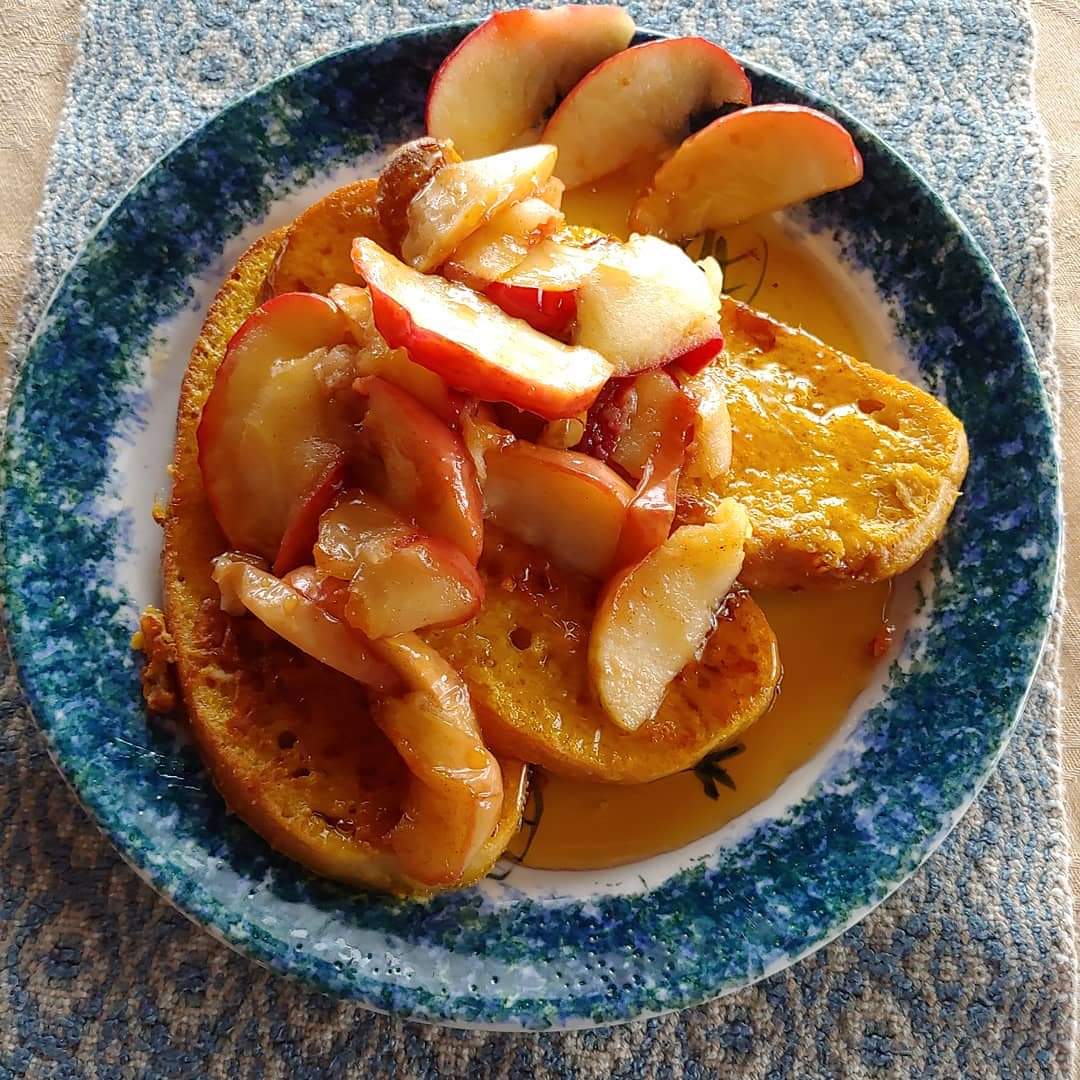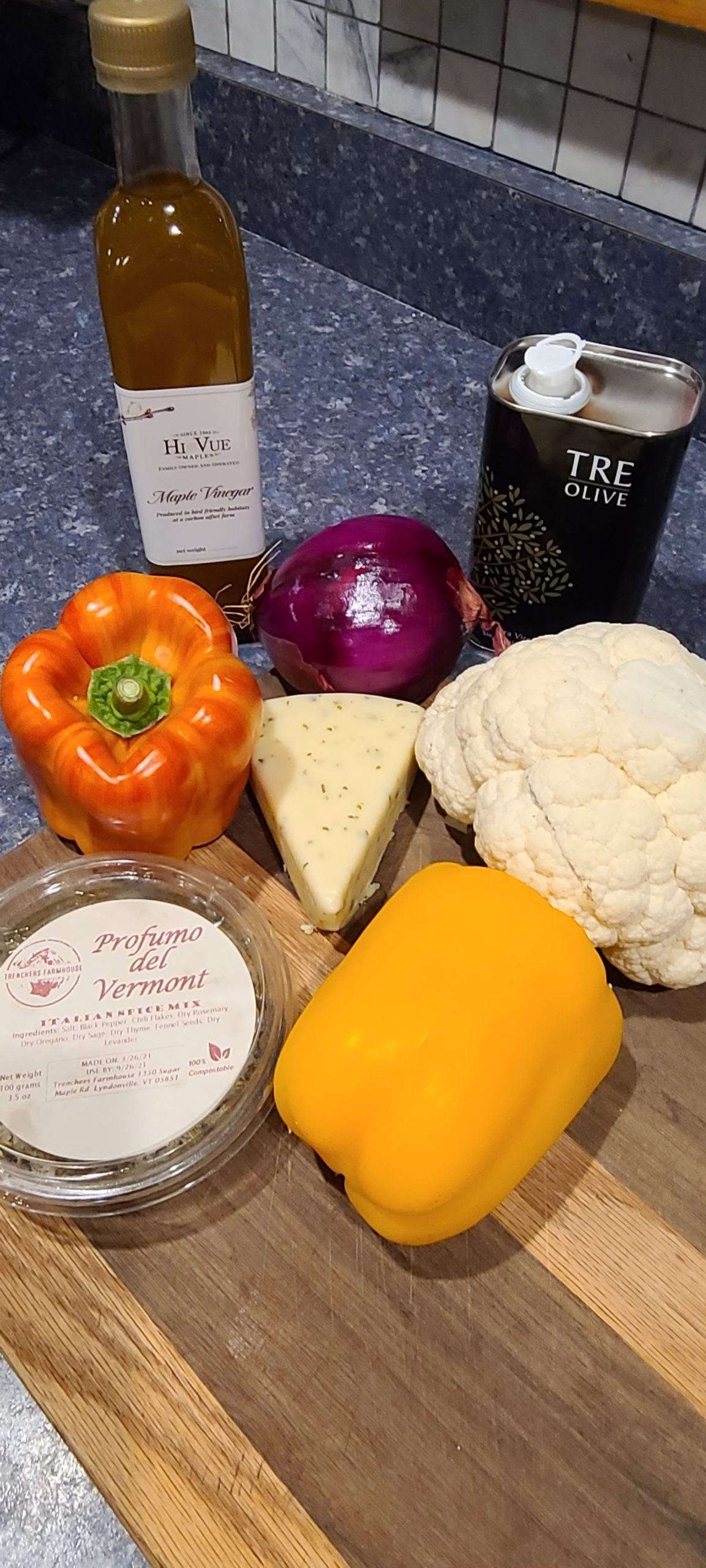This morning I slipped on a long sleeved shirt before heading to work – just a reminder to savor summer as much as I can. We still have plenty of hot days left this season so try the” Vermonter ” – a yummy maple milkshake! My other summertime favorite is Maple Mint Sun Tea. Refreshing but not too sweet! Recipe coming soon! Here’s a quick rundown on farm news this summer!
We Love Visitors!
This summer we’ve been working on cleaning up the farm and the sugarhouse – it’s it crazy how fast piles accumulate?! We’re in the process of creating a 3rd camp site – this one to make it easier for even the largest RV’s to park here. Did you know you can stay at the farm? We use both Hipcamp and Harvest Host. We love having visitors!
Forest News
Now that nesting season is over for the migratory songbirds, we have begun cutting a small section of woods between our place and Dad’s. The goal is to add 2-300 more taps. We lost a lot of taps (and trees) from the tent forest caterpillars a few years ago so we need to add on a few. The trees being cut will primarily become firewood with a few logs that we can sell to the local mills. The remaining trees will have more room to expand and grow. Our cutting procedures are in line with recommendations from our forester in accordance with our forest management plan. We are consciously working to maintain a healthy eco system while we produce high quality maple syrup!
Farm News
The toils of Springtime are paying off – we’ve had an abundant crop of blueberries 🫐 – love Blueberry Muffins with Maple Crumb topping! The veggies are coming fast now and canning and freezing will begin this week. The meat birds are processed and in the freezer. The layers are in full production. I also seem to have an abundant crop of pet call ducks 🤔. At least they’re cute!
Mind Your Beeswax! (And your bees!)
The bees are doing great this year! We did have a period where I stayed away from them – the wild fires from out west affected our air quality and the poor bees were upset. They told me so one day – 41 times – yes I got stung 41 times while requeening one of my hives. Luckily only one bothered my on my hand – the rest were gone within days! This year I successfully requeened a hive and I’ve created 2 “nucs”. A nuc is a new colony of bees that will become a production hive next year if they make it though the winter. I’m using local queens to create a hardy bee colony that’s adapted to the farm. Currently in at 3 production hives and 2 nucs and an ongoing learning experience. Bees are fascinating creatures- the more I learn the more amazing they become!



